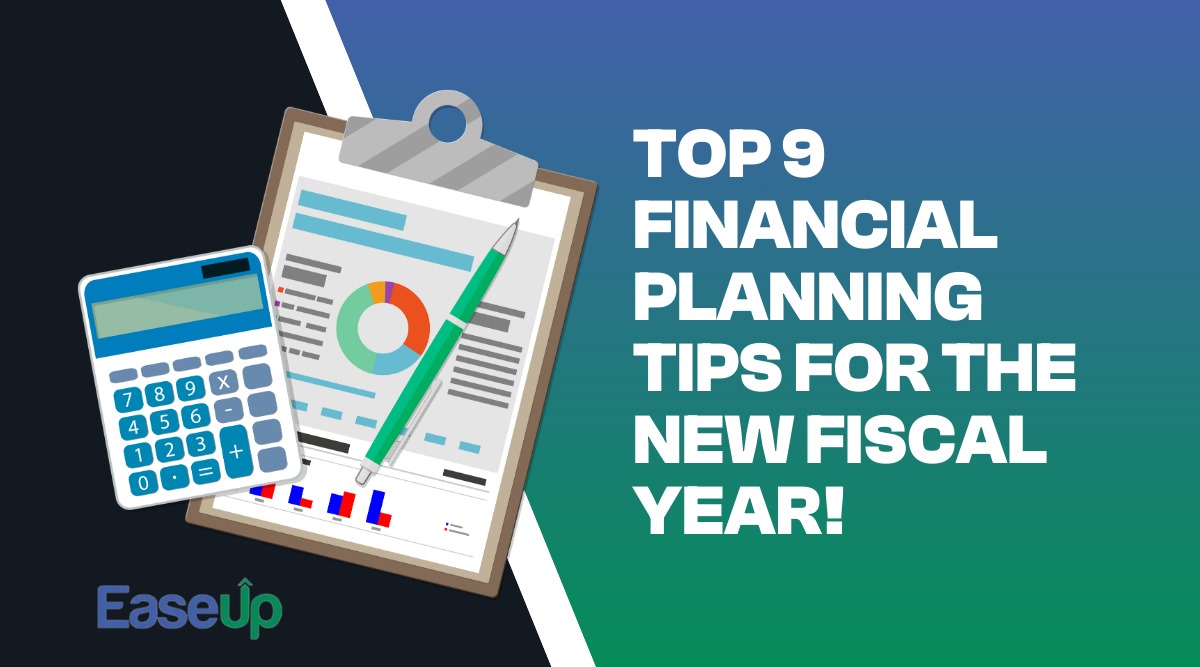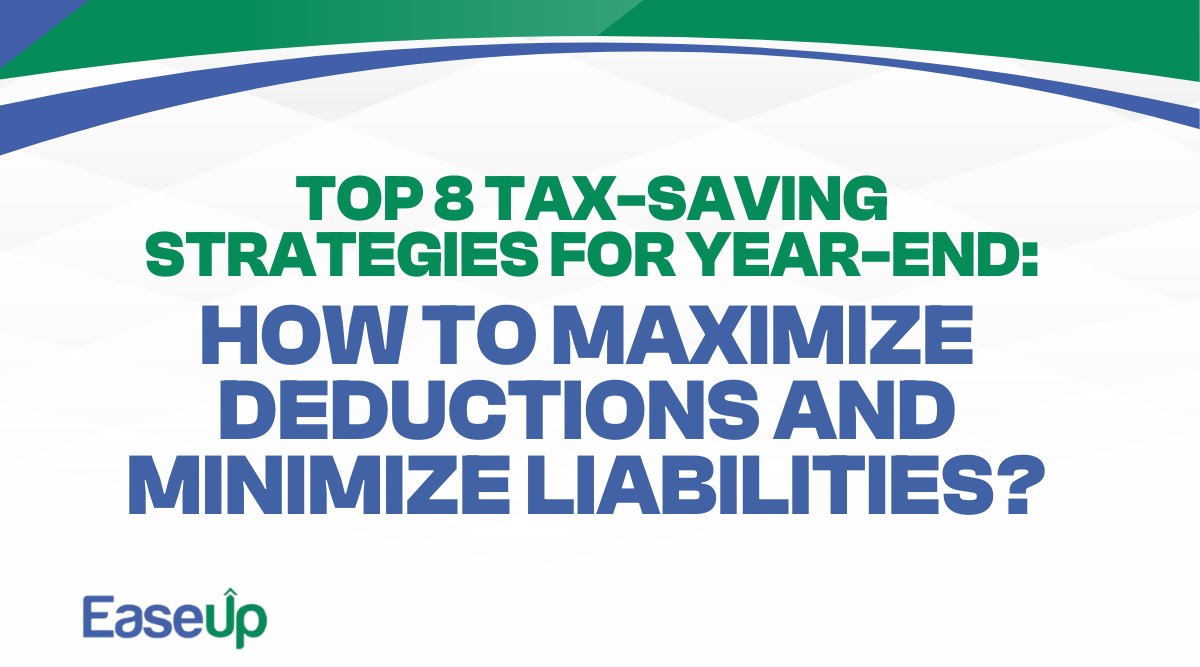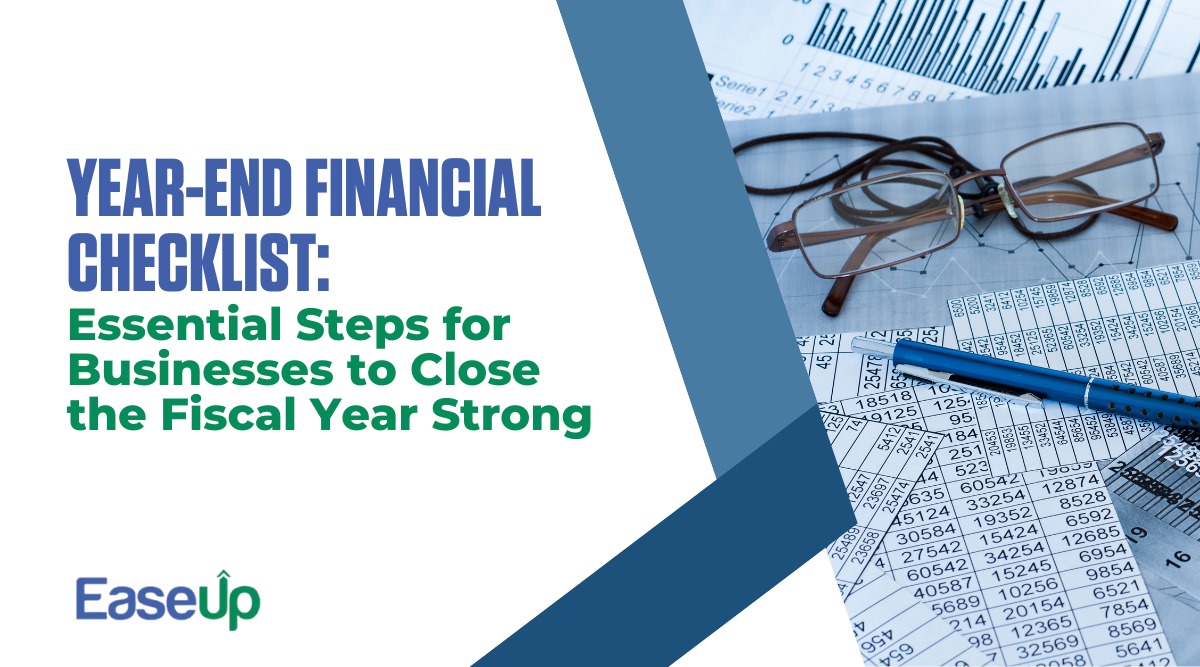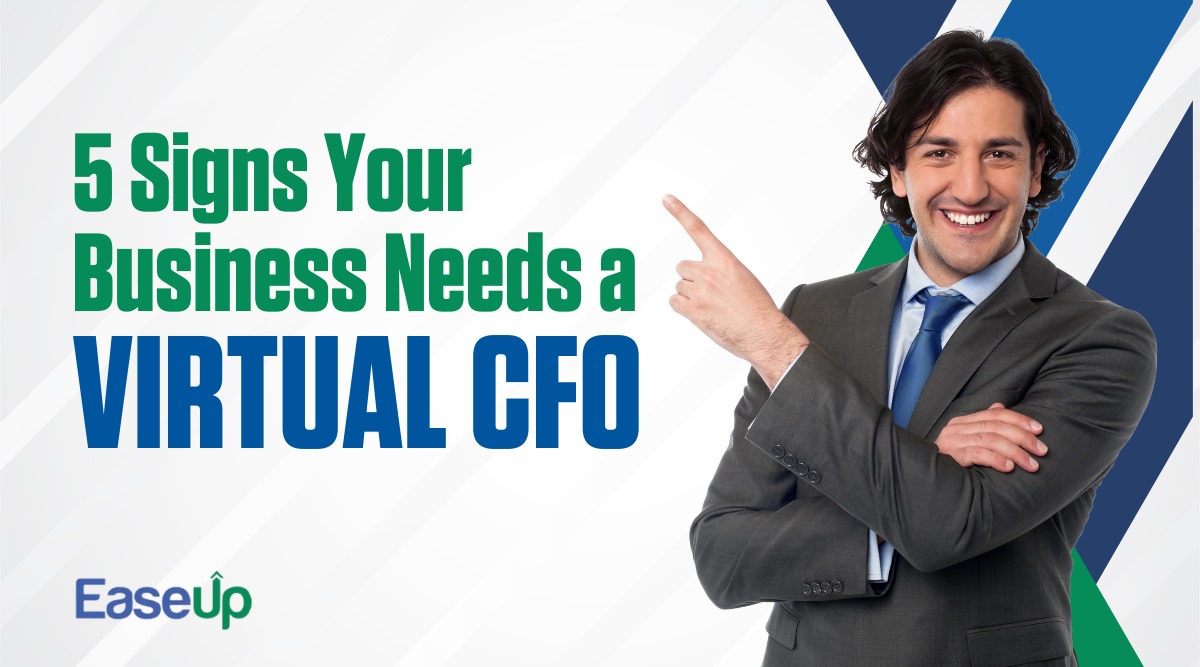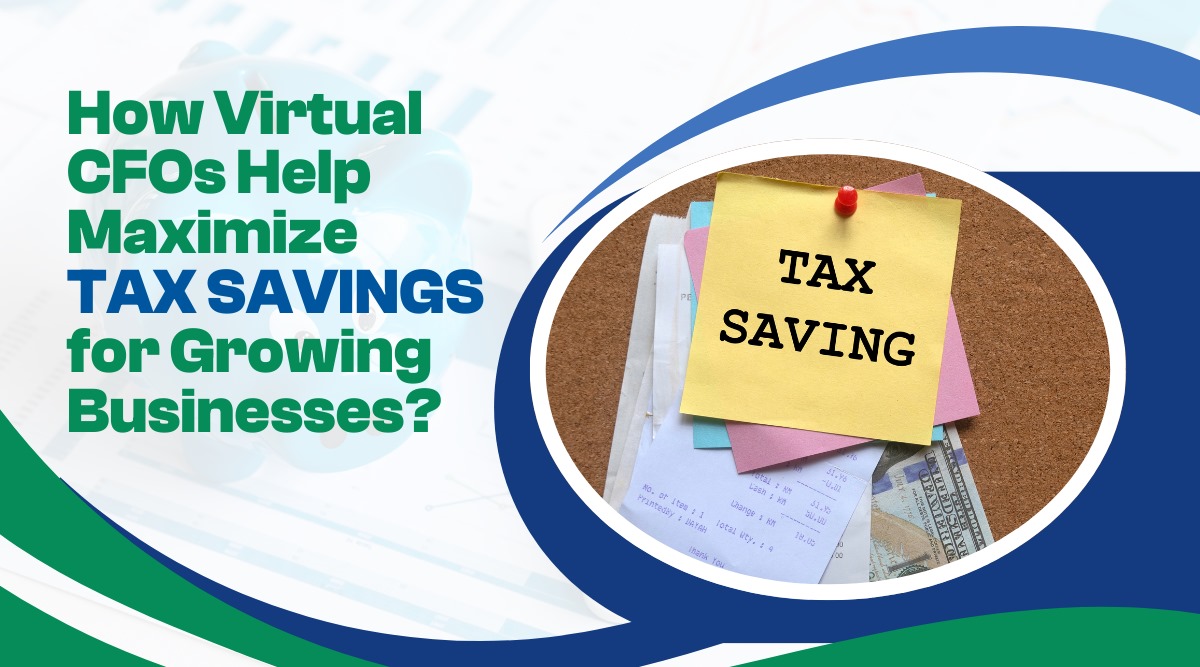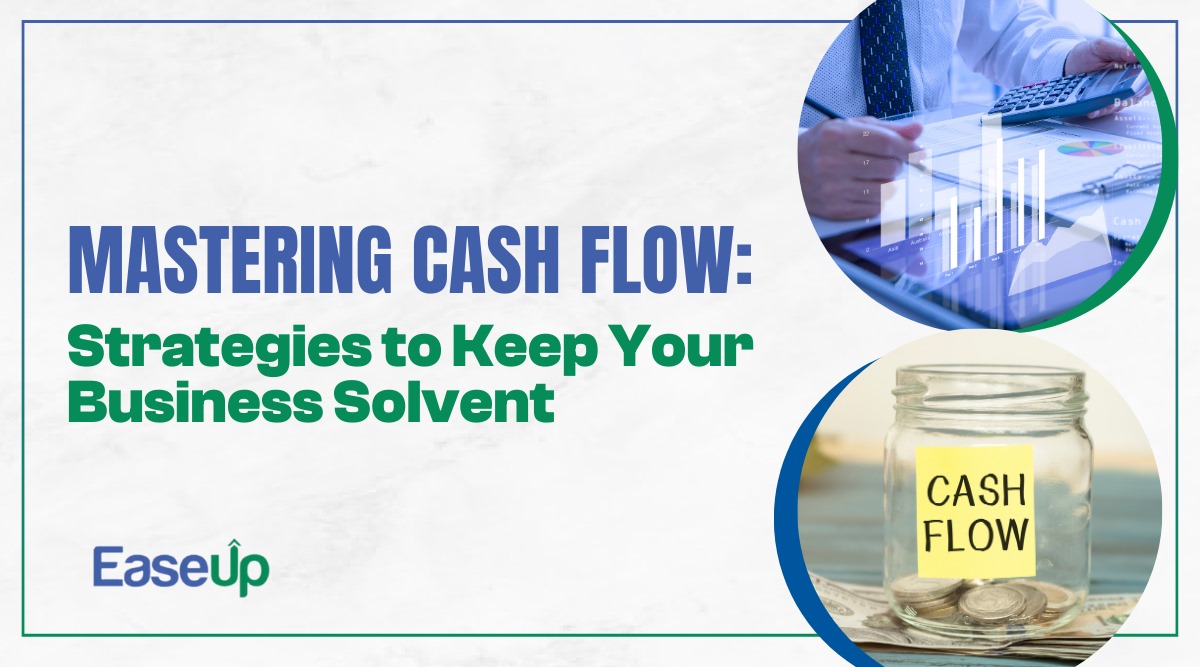

+91 9826266300

10.00 AM - 7.00 PM


From Seed to IPO: How Series Funding Can Help Grow Your Startup?
Published at: May 13,2023
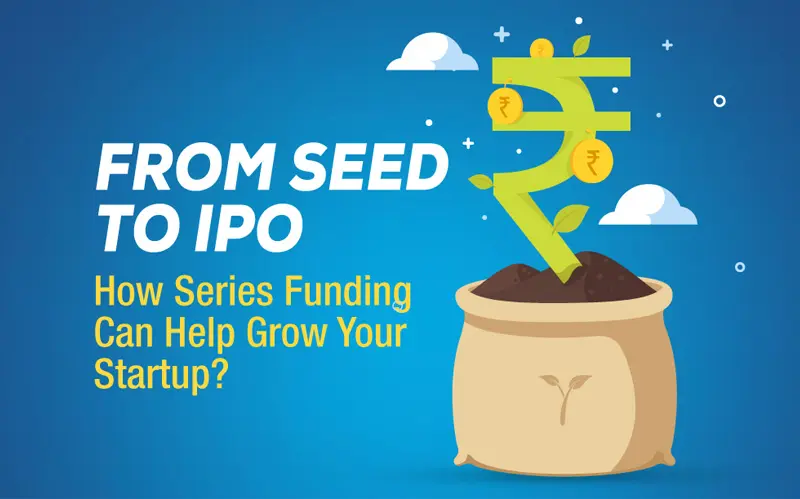
What is Series Funding for Startups?
Series funding for startups refers to the different stages of funding throughout the lifecycle of startup. Startups can receive series funding at various stages of their operations, from ideation to IPO, which is also referred to as equity funding. Rather than obtaining a lump sum of capital, businesses opt to raise funds in rounds as they expand and require more capital for hiring additional talent, enhancing existing products, introducing new product lines, conducting research and innovation, among other things. By investing in rounds, businesses can use their funds more effectively and efficiently.
The differences between funding rounds primarily revolve around the company’s valuation, maturity level, and growth potential. To gain a better understanding of these funding rounds, their mechanics, and unique characteristics, let’s delve into them further.
What are Series funding rounds?
When it comes to series funding for startups, it’s important to keep in mind that these rounds occur at various points in a company’s lifecycle. These stages are typically classified as seed stage, early stage, expansion stage, and buyout/acquisition stage/IPO stage.
The seed stage comprises the pre-seed and seed funding rounds, which provide the necessary initial funding for a startup to take off. The focus of seed funding rounds is typically on research and development of the idea and is often limited in scope. The final stage is the buyout/acquisition stage, where funding is aimed at improving the operational efficiency of the business before it goes public. For many investors, the main objective of funding a business is to eventually take it public through an initial public offering (IPO), which involves the first sale of shares to the public by a privately owned company.
In the process of equity financing, a company needs to establish its valuation and present a clear business and investment plan, showing how the funding will be utilized. The company’s valuation is likely to change as it moves through different stages of funding, starting from seed funding to an IPO. Moreover, with each round of funding, the company’s equity is bound to dilute.
It’s important to note that securing funding across multiple rounds is a challenging task. However, having a thorough understanding of the unique characteristics of each funding round can help you be better prepared for the fundraising process.
Stages of series funding for startups
Pre-seed funding
The pre-seed stage is so early in a company’s development that it is often not considered a phase of equity financing. It’s the point where an idea is generated, and research is conducted to determine the product’s potential impact on the existing market. This stage is sometimes known as the bootstrap stage, as founders typically rely on their own resources and work tirelessly to achieve product-market fit. During this phase, founders often connect with other entrepreneurs and business people to gain insights on how to bring their vision to life.
Friends, family, self-investment, Occasionally incubators and angel investors are the potential investors in the pre-seed stage
Seed funding
The seed funding round is typically the first official stage of securing external investment for a startup. At this point, a team is actively working on transforming the initial concept into a tangible product, and the company has begun generating some market traction in preparation for launch. Since investors take a significant risk by investing capital at this early stage, they typically expect to receive a portion of equity in the business.
The standard equity percentage for this round is 10%, but it’s not uncommon for investors to request up to 20% of the business. This phase is often regarded as critical in determining whether a startup will ultimately succeed.
Angel investors, micro-venture capitalists, crowdfunding, institutional investors are the potential investors for the seed round
Series A funding
Series A funding marks a startup’s initial venture capital funding round. By this point, the company has developed a product that is in high demand and generating consistent revenue. The startup has established a loyal customer base that makes regular purchases and is now seeking to expand its reach into new markets. This is a crucial stage where fundraising efforts become more intensive, with the need to network and meet with potential investors in order to secure funds for growth.
Typically, a lead investor, known as the anchor, will lead this round of funding, with support from a few other investors. Equity dilution during this phase generally falls between 15% and 25%. Landing the first investor is critical in creating a positive impression and attracting additional potential investors.
Venture capitalists are the potential investors during series A funding
Series B funding
Following a successful run after securing Series A funding, the next significant milestone is Series B funding, which focuses on exponential growth in both team size and market reach. At this point, your business has achieved substantial success and demonstrated to investors that you possess the capacity to scale operations significantly. While many businesses retain the same venture capitalists to lead this round, there may be the addition of a new set of investors who have witnessed your company’s growth and are eager to participate in its continued expansion.
Another primary objective of Series B funding is to surpass your competitors and become an industry leader. It’s worth noting that with each round of funding, the equity percentage available for dilution decreases while the business’s valuation increases dramatically.
Venture capitalists, late-stage venture capitalists are the potential investors during series B funding
Series C funding
Reaching this stage is a significant accomplishment, as not many startups make it this far, often due to non-scalable products. At this point, the primary focus is on developing new products, expanding into new markets, and potentially acquiring other underperforming startups in the same industry. Having proven your worth in the market, the likelihood of securing additional funding for your startup is higher than ever.
Investors are constantly seeking startups that have established their market fit and are on track to become public companies. Hedge funds, private equity firms, and investment bankers are among the most interested investors in this round. These investors are generally averse to significant risks and prefer to invest in established companies that have demonstrated profitability.
Late-stage venture capitalists, private equity firms, hedge funds, and banks are the potential investors during series C funding.
Series D funding
Typically, startups aim to file for an initial public offering (IPO) after raising series C funding, which may make a series D funding round unnecessary. However, in certain situations, a startup may opt for a series D funding round, such as when it has not met the targets it set during the previous funding stage or when it is looking to acquire smaller startups to stay competitive. It’s important to note that there is no final stage of startup funding, as some startups may continue to seek additional rounds of funding such as series E, F, G, and beyond if they have ambitious revenue goals.
Late-stage venture capitalists, private equity firms, hedge funds, banks are the potential investors.
IPO
An Initial Public Offering (IPO) is the process of selling shares of a company to the public for the first time. For growing startups, issuing an IPO is a means of raising additional capital, while for established startups it is a way to repay their investors and shareholders. At this stage, the company typically has a highly efficient and growth-focused team, as well as strong financial statements and well-developed corporate governance.
How Ease Up can Help you?
Securing series funding for startups can be a complex and time-consuming process that can turn into a nightmare. If this seems overwhelming, we have a solution.
We at Ease Up are experts in Start-up Valuation and Business valuation of Technology companies & Startups. We have a dedicated team of valuers who have more than 30 years of cumulative experience in valuation.
We have years of experience and expertise in providing Startup valuation Services and helping startups value their business through the best startup evaluation methods. Hence, we help you in determining the realistic and fair valuation of your venture.

CA Aditya Chokhra
January 09, 2026

Empower Your Business with Expert Financial Consulting
Latest Post
Leave a Reply

Contact us and subscribe to our newsletter to receive expert advice and industry updates.

Mumbai: A-116-1st Floor, Super Shopping Complex, Bajaj Cross Road, Near Kandivali Station, Kandivali (W), Mumbai 400067.
Ahmedabad: 315 Abhinav Arcade, Nr. Kothawala Flats, Paldi, Ahmedabad 380007.
Pune: B 602, The Onyx, Pink City Road, Shankar Kalat Nagar, Pune 411057.
Gurgaon: 1123 JMD Megapolis, Sector 48, Gurgaon - 122018, Haryana.
Bhilwara: C - 147, Shashtri Nagar, Bhilwara (Raj).
Surat: 6019, World Trade Center, Ring Road, Surat - 395002.
Copyright © 2025 Easeupnow. All rights reserved.






